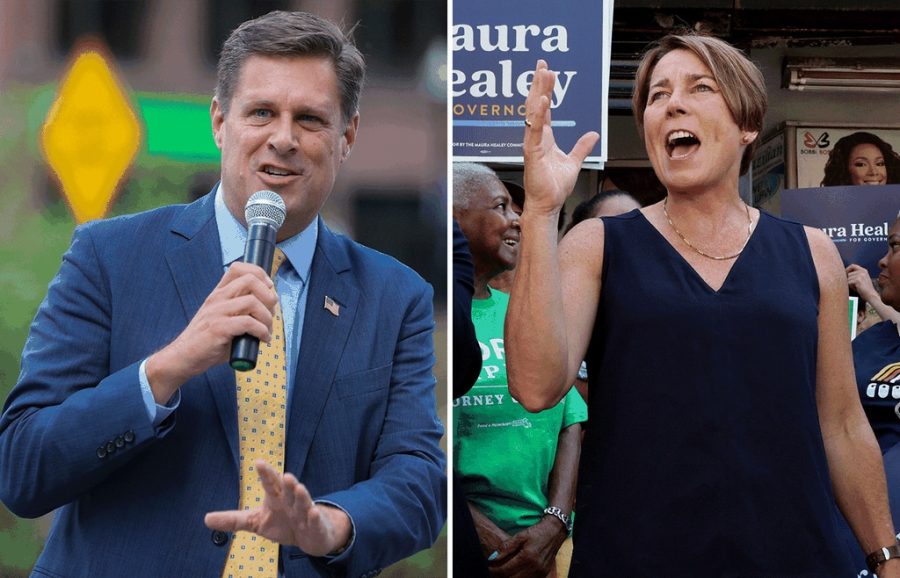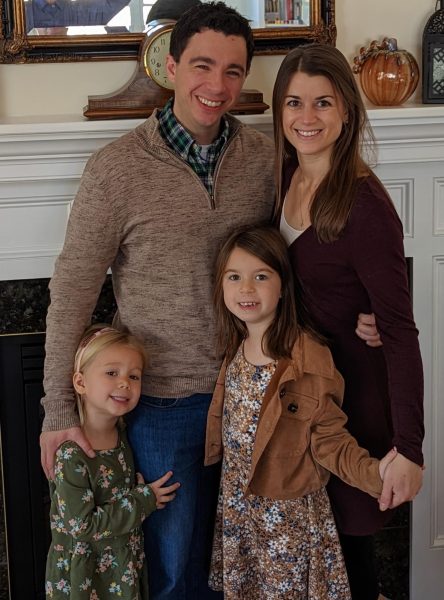Results of the 2022 Massachusetts Primary Elections
Sizing up the candidates running and position available
September 22, 2022
In Massachusetts, we have many big seats to fill for these upcoming elections. The Governor, Attorney General, and Lieutenant positions are on the ballots. For many readers, you may not understand the duties of these positions, so before we get to the results, here are basic explanations on these positions.
A governor is described by Masterclass as “the chief executive officer of a state government and controls the day-to-day governmental business.” In the executive branch, the governor’s duties consist of enforcing the laws, be in charge of the state National Guard, appointing state judges, and more executive branch duties. Governors serve four year terms, some states having term limits. Governors also have a lieutenant governor serving with them.
In Massachusetts, for the Democratic Primary race for governor, Maura Healey beat Sonia Chang-Diaz with 630,901 votes, while Chang-Diaz had 106,213. Healey’s website lists her priorities, some being Climate, Criminal Justice Reform, Economic Development, Housing, LGBTQ+ Rights, Reproductive Freedom, and more. She was previously attorney general for Massachusetts.
Healey will go against Republican primary winner Geoff Diehl in November. Diehl beat Chris Doughty with 148,723 votes, Doughty receiving 118,889. Diehl’s website lists his policies, some being Economic Development, Improving Education, Public Safety, Energy, Government Accountability, and others. Diehl previously was a representative for the state government.
Another position to be filled this election was attorney general. The National Association of Attorney Generals describes an attorney general as “chief legal officers of the states, commonwealths, District of Columbia, and territories of the United States, the role of an attorney general is to serve as counselor to state government agencies and legislatures, and as a representative of the public interest. ” NAAG lists responsibilities of attorney generals as proposing legislation, representing state agencies in court, setting civil suits for the state in motion, and more.
For the Democratic Primary race for attorney general, there were three names on the ballot. Andrea Campbell beat Shannon Liss-Riordan and Quentin Palfrey with 360,981 votes, or 50.2 percent. Campbell’s site lists her policies, including Combating Opioids and Illegal Drug Crisis, Commitment to LGBTQIA+, Affordable Healthcare, Environmental Justice, and Enforcing Gun Laws.
For the Republican attorney general candidate, James McHanon ran uncontested.
As for the lieutenant governor, Ballotpedia describes the position as “second-highest executive office in a state and is nominally subordinate to the governor. In the U.S., the main duty of the lieutenant governor is to act as governor should the governor be temporarily absent from the office.” In Massachusetts, the lieutenant governor and governor candidates run together, but alone in their primaries.
For the Democratic lieutenant governor primary, there were three main candidates. Kim Driscoll beat Eric Lesser and Tami Gouveia with 328,798 votes, 46.7 percent of all votes. Driscoll’s campaign announcement video on her website says that as mayor she’s been working for “COVID 19 response and recovery to racial equity, the climate crisis, strengthening our public schools and making housing more affordable.” She will run with Maura Healey in November as lieutenant governor.
For the Republican lieutenant governor primary, there were only two candidates. Leah Cole Allen beat Kate Campanale with 129,862 votes, 52.3%. Leah Cole Allen’s Website lists her policies as being Freedom, Fiscal Responsibility, Education, Public Safety, Economic Development and Government Accountability. She will run with Geoff Diehl in November for the governor and lieutenant governor positions.
All poll results are from New York Times









































